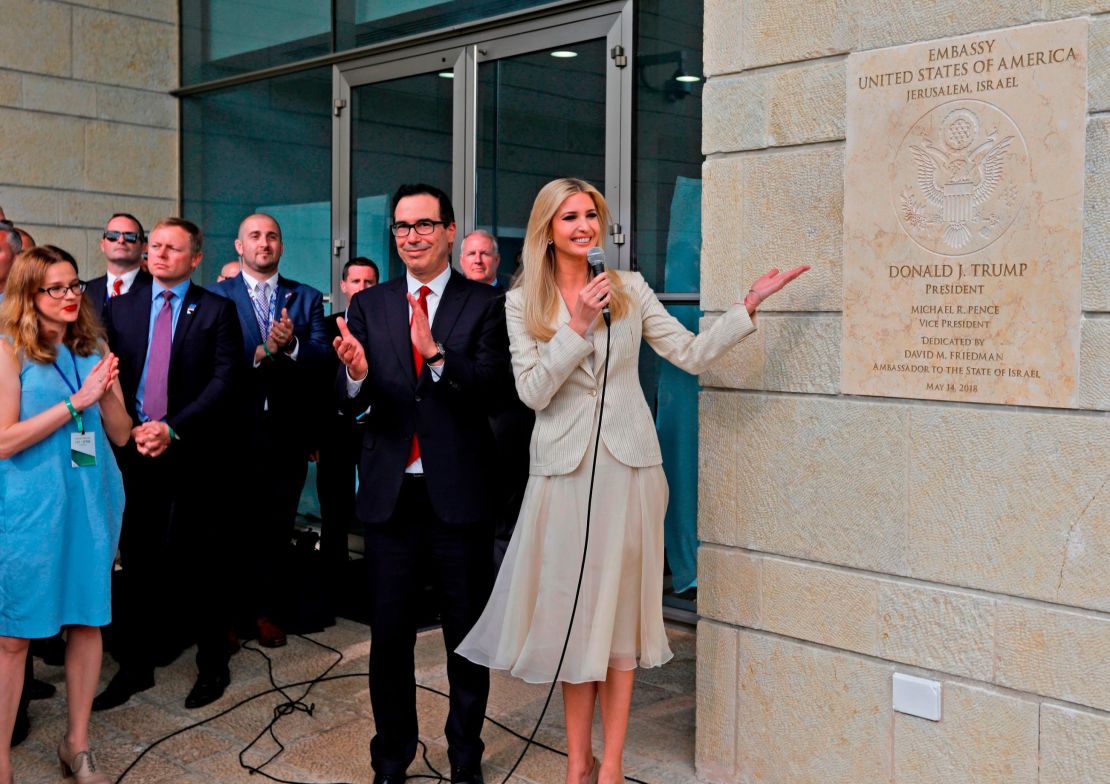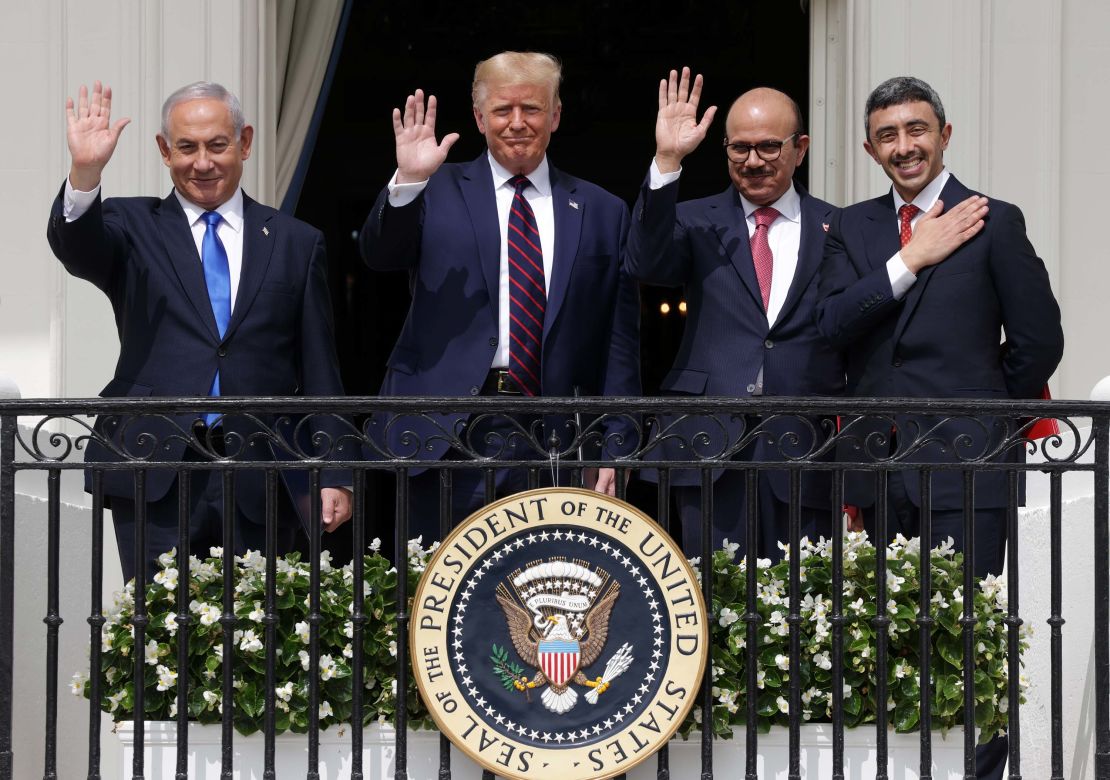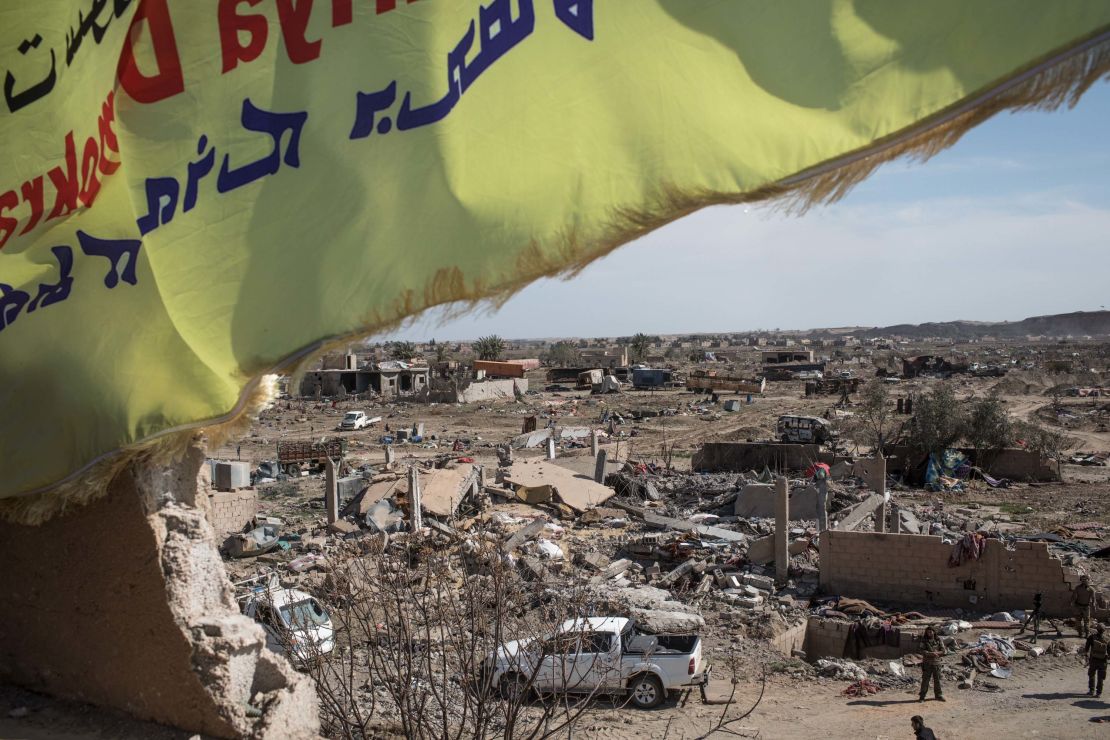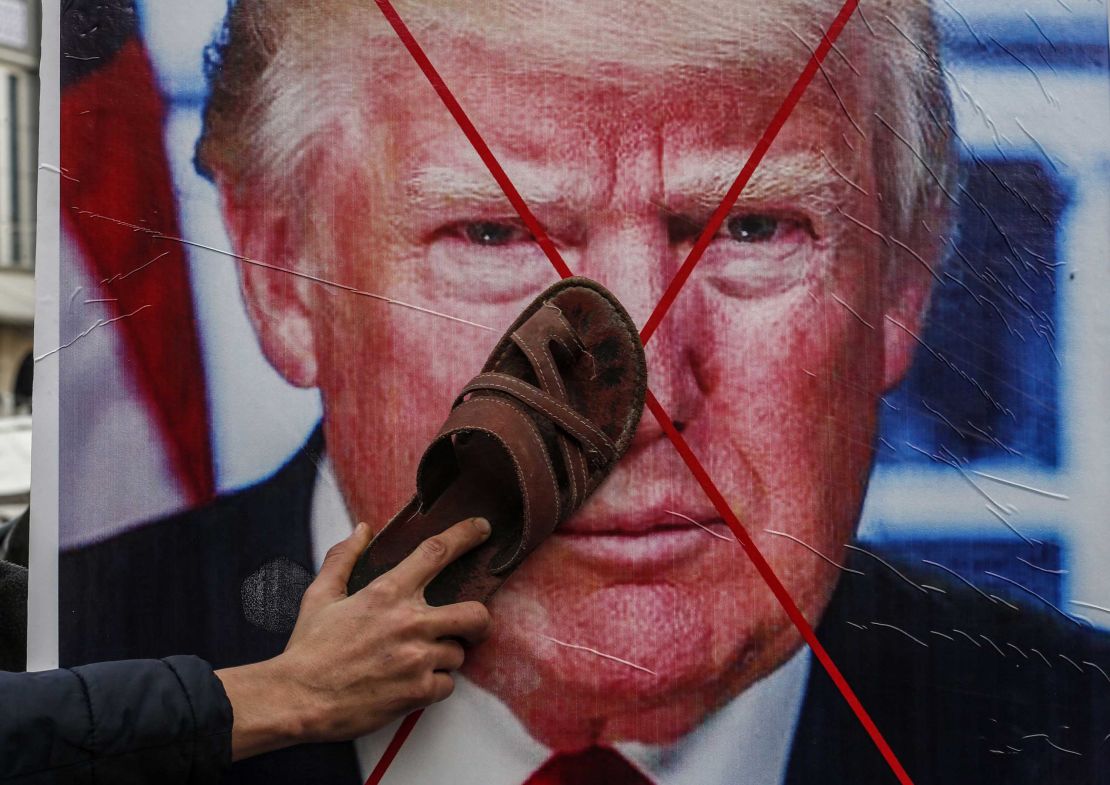All the world’s a stage, Shakespeare wrote. But since President Donald Trump came to office, the rest of the world has become a sideshow to the noise and fury emanating from Washington.
The Middle East, once the focus of so much attention under previous US administrations, is no exception. Yes, there was the final offensive against ISIS in Syria and the killing of its leader Abu Bakr al-Baghdadi, the stillborn Lebanese revolution, the assassination of Iranian commander Qassem Soleimani, and the normalization of ties between Bahrain, the United Arab Emirates and Israel, all of which momentarily distracted Washington.
There are wars in Syria, war in Yemen, war in Libya. There is low-level conflict in Egypt’s Sinai Peninsula, in Iraq, and between Israel and the Palestinians. Here in Lebanon there are rumors of war – civil war or war with Israel, or both.
On one edge of the region, there is conflict between Armenia and Azerbaijan, and on the other, rising tensions between Turkey and Greece in the eastern Mediterranean.
The glimmers of hope born in the Arab Spring are now all but forgotten, replaced by the gathering gloom of tyranny, rampant corruption, and hopelessness.

A pale horse stalks this region, laden down with weapons, saddled by economic collapse, hobbled by a pandemic. Forget human rights and democracy, once paid lip service by previous US administrations. Most people in the region are focused on survival.
What was breaking news is now barely news, eclipsed by a decaying superpower’s messy meltdown.
In all fairness, Trump can’t be wholly blamed for the catastrophic situation in the Middle East. He inherited a legacy of missteps, delusion and muddled thinking going back decades.
The Arab Spring – as it was once optimistically called – took the Obama administration by surprise. Washington fumbled in Egypt, first dithering over whether to drop the creaking regime of Hosni Mubarak, and then watching as the Muslim Brotherhood won Egypt’s one and only democratic election in its 5,000-year history.
And when, a year later, a military coup d’état brought the officers back to power, Washington shrugged, and continues to shrug as President Abdel Fattah el-Sisi’s regime ruthlessly cracks down on even the most benign forms of dissent. The Egyptian president is, after all, Trump’s “favorite dictator.”

Similar dithering marked the response to the uprising in Syria prior to the age of Trump. The US, under President Barack Obama, gave just enough weapons to a hopelessly divided opposition to fight the regime of Bashar Al-Assad, but never enough to defeat it. Many of those weapons – and fighters – ended up with ISIS.
While Washington wrung its hands over Syria, Russia and Iran – along with Hezbollah – rushed in and shored up the government in Damascus.
Yes, the Trump administration did finish the war against ISIS that Obama initiated, and then, in one of the most puzzling of this administration’s dizzying policy gyrations, abandoned Washington’s Kurdish Syrian allies in the autumn of 2019, stepping aside to let them be mauled by the Turkish army.
Trump careened around Syria, announcing the imminent withdrawal of US forces, then changing his mind, then again announcing their withdrawal and eventually deciding to keep them there so the US could control the oil.
On Yemen, the US has continued to support the Saudi-led war against the Iranian-backed Houthi rebels. Despite the brutal murder of Washington Post columnist Jamal Khashoggi on the grounds of the Saudi consulate in Istanbul two years ago, Trump has only tightened his embrace of Crown Prince Mohammed bin Salman. Weapons sales top Washington’s list of shared interests with Riyadh.
One often hears back-handed praise for Trump’s approach to the region. Whether it’s Saudi arms sales or Syria’s oil, at least the occupant of the White House is honest about his motives, not wasting his breath wrapping US policy in the sanctimonious language of morality.
On Israel and the Palestinians, the Trump administration has abandoned the policy of its predecessors of at least paying lip service to even-handedness, and has wholeheartedly embraced the unyielding hard line of Prime Minister Benjamin Netanyahu. The administration recognized Jerusalem as Israel’s capital, recognized Israeli sovereignty over the occupied Syrian Golan Heights and in general has barely offered even the weakest of rebukes to its Israeli friends.
The Trump administration boasts the normalization of ties between Israel, the United Arab Emirates and Bahrain as a major foreign policy accomplishment. Most of the unelected rulers of the Gulf states long ago lost interest in the Palestinian cause. Under Trump they, too, have discarded old rhetoric for realpolitik.

The conflict between Israel and the Palestinians is now just a festering wound. It doesn’t bleed, so it doesn’t lead. And on it festers.
Remarkably, the Trump administration has avoided involvement in new military adventures. Rather, its weapon of choice has been sanctions – against Iran, against Syria, against Hezbollah in Lebanon. But sanctions, as history has shown, are a blunt weapon that more often than not hurts the vulnerable more than those in power.
Iran has been the object of an ever more intense set of sanctions, aimed, according to Secretary of State Mike Pompeo, at forcing Tehran to change its ways. The US tossed out the 2015 Iran nuclear deal, the six-party Joint Comprehensive Plan of Action (JCPOA). But like its approach to Obamacare, it wants to trash the JCPOA while offering nothing in its place but mounting pain.
The most charitable interpretation is that Washington’s goal is to bring Iran to its knees. And although John Bolton is no longer with the administration, it’s hard not to conclude that Pompeo and the other Iran hawks are pining for regime change. The consequences be damned.
Yet Iran is a country unlike all the others where the US has pursued regime change. It has a population of 80 million, more than three times that of Iraq when the US invaded in 2003. Its government has managed, since the overthrow of the Shah in 1978, to survive an eight-year war with Iraq and decades of mounting sanctions. Iran’s leaders have proven capable of confronting the challenges posed by Washington, gaining ground every time the US stumbles.
The January 2020 US assassination of Soleimani, leader of the Quds Force, didn’t reduce Iran’s influence in Iraq, and hasn’t changed the course of Tehran’s involvement in Syria, Yemen, Iraq or Lebanon.

Washington is by some accounts preparing to pull its embassy out of Baghdad, unable to stop repeated rocket attacks by Iranian-backed Shia militias. Like the 1975 evacuation of the US embassy in Saigon, it’s hard to spin this as anything but the calamitous culmination of a disastrous policy.
Perhaps the time has come for US policymakers to accept that the American empire is in sharp decline.
The US, by most accounts, expended trillions of dollars on wars and state-building since the start of the millennium, with little to show for it.
Exhausted and frustrated, Washington stands by as others step in, such as Russia and to a lesser extent China, while regional powers, including Turkey, Saudi Arabia, Qatar and the UAE, have asserted themselves.
US Middle East policy under the Trump administration has been a wild, careening ride of brinksmanship and blundering, of confused and contradictory priorities, of Twitter diplomacy and bluster.
The millions excluded from power continue to struggle against the odds to change the status quo, in Iraq, Iran, Lebanon, the Palestinian territories, Egypt and elsewhere. Yet the dictators, despots and oligarchs don’t give up easily and for the West, including the United States, the attitude now is: Better the devil you know.
Whoever wins the US presidential election, the occupant of the White House will be grasping the keys to a bottomless pit of woes in the Middle East.
Good luck.




